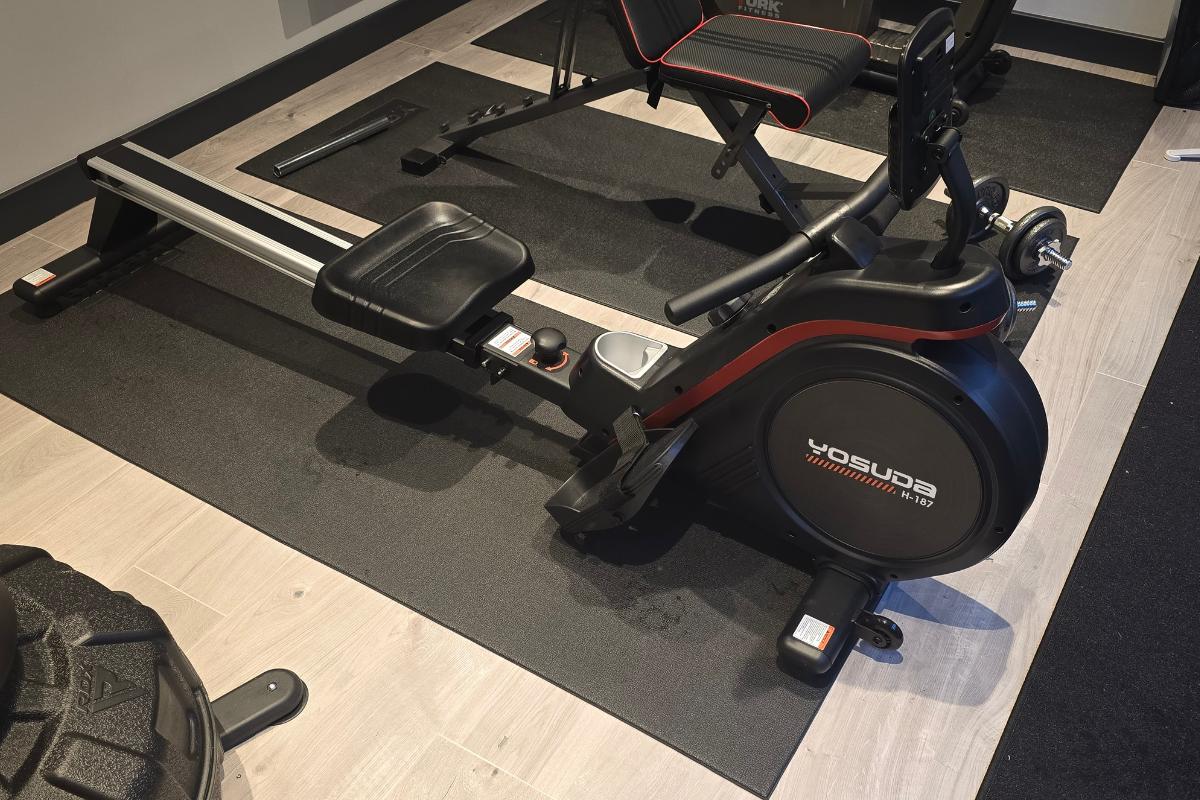Fuelling your body for running while dieting: is it possible?
Taking up running while dieting can seem like an almost impossible task when you consider how you need to fuel your body to ensure you have enough energy. Is it possible? Absolutely! Though it can be challenging, it is certainly achievable. Continue reading to find out how.

Running While Dieting – Things You Need to Know
Basal Metabolic Rate (BMR)
The first thing you should do is work out how many calories you should be consuming each day. This can be done by calculating your basal metabolic rate (BMR), which is the number of calories your body needs to function at rest.
You can then take into account the calories you burn through running to determine your daily calorie intake. An online calculator can help you to do this for free.
While it can seem sensible to cut back on calories to lose weight, doing so while also trying to establish a running regimen can be detrimental.
In fact, restricting your calories too severely can lead to your body entering starvation mode, clinging to fat and slowing down your metabolism, making it more challenging to lose weight.
Equally, this can also result in a lack of progress toward your fitness goals, as you will find yourself feeling much more sluggish.
Nutrition
Once you have determined your daily calorie intake, it is essential to focus on the types of foods that fuel your body.
Most of your calories should come from nutrient-dense foods, such as fruits, vegetables, protein, whole grains, and healthy fats. These foods will provide your body with the energy it needs to ensure your running while dieting is fuelled efficiently.
When it comes to the type of diet you follow, there is no one-size-fits-all approach. Some runners prefer a higher-carbohydrate approach, while others may find that a higher-fat or higher-protein diet suits them better. It is vital to experiment and find what works best for you in fueling your running while also losing weight.
Carbohydrates are the body’s main energy source and are therefore crucial for runners. However, it is important to choose the right type of complex carbohydrates, such as whole grains, sweet potatoes, and fruits, rather than simple sugars like candy and soda.
Complex carbohydrates release energy gradually and will help to prevent crashes during long runs, which could prevent you from achieving your goals.
Protein is essential for building and repairing muscle tissue, which is important for recovery after a run. It is beneficial to aim for eating one type of protein with every meal, such as eggs, chicken, Greek yoghurt, or tofu.
It may seem counterproductive to focus on gaining weight in your body, but it can be beneficial if you choose wisely. Healthy fats are essential for overall health and can provide a slow-burning source of fuel for running while dieting.
Good sources of healthy fats include avocados, nuts and seeds, olive oil and oily fish like salmon, tuna, mackerel and trout.
Hydration
To fuel properly for running while dieting, it is vital to stay hydrated. You should aim to drink at least 8 to 10 small glasses of water per day and consider upping this amount if you are running in the heat. Electrolyte-rich fluids, such as coconut water or sports drinks, can also be helpful for longer runs if you are running while dieting.
Other running articles you may like
If you are looking to start running or perhaps up your running game, then perhaps these articles will also help:
- Tips for starting to run
- Couch to 5k tips and guidance
- Running Workouts for weight loss
- High-weight capacity treadmills and running machines
- Treadmill mistakes you might be making that are stopping you from losing weight
- How to use exercise to overcome a weight loss plateau
Establishing a running while dieting routine may be tricky at first, but it will be worthwhile. Check out our healthy recipes to support you in your mission to be fit, healthy and slim. Good luck with your journey!







